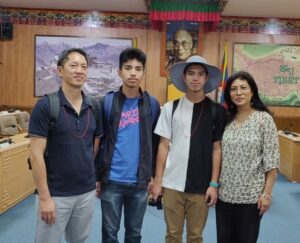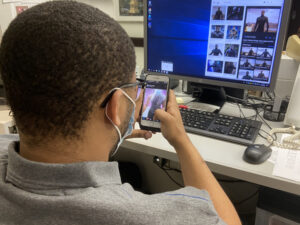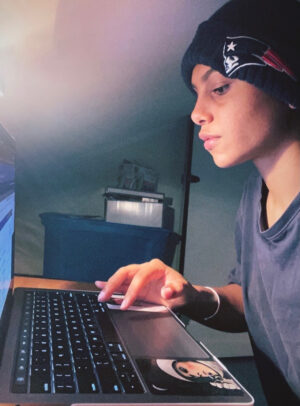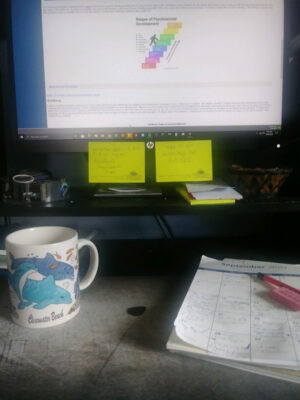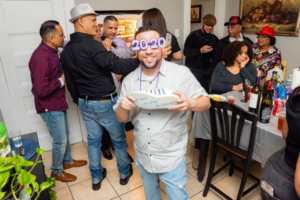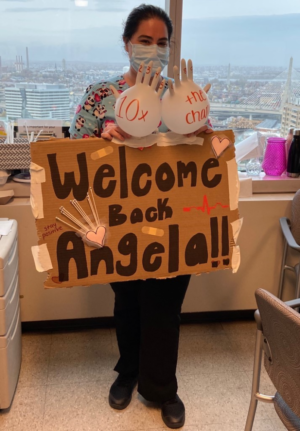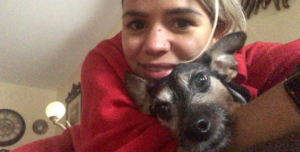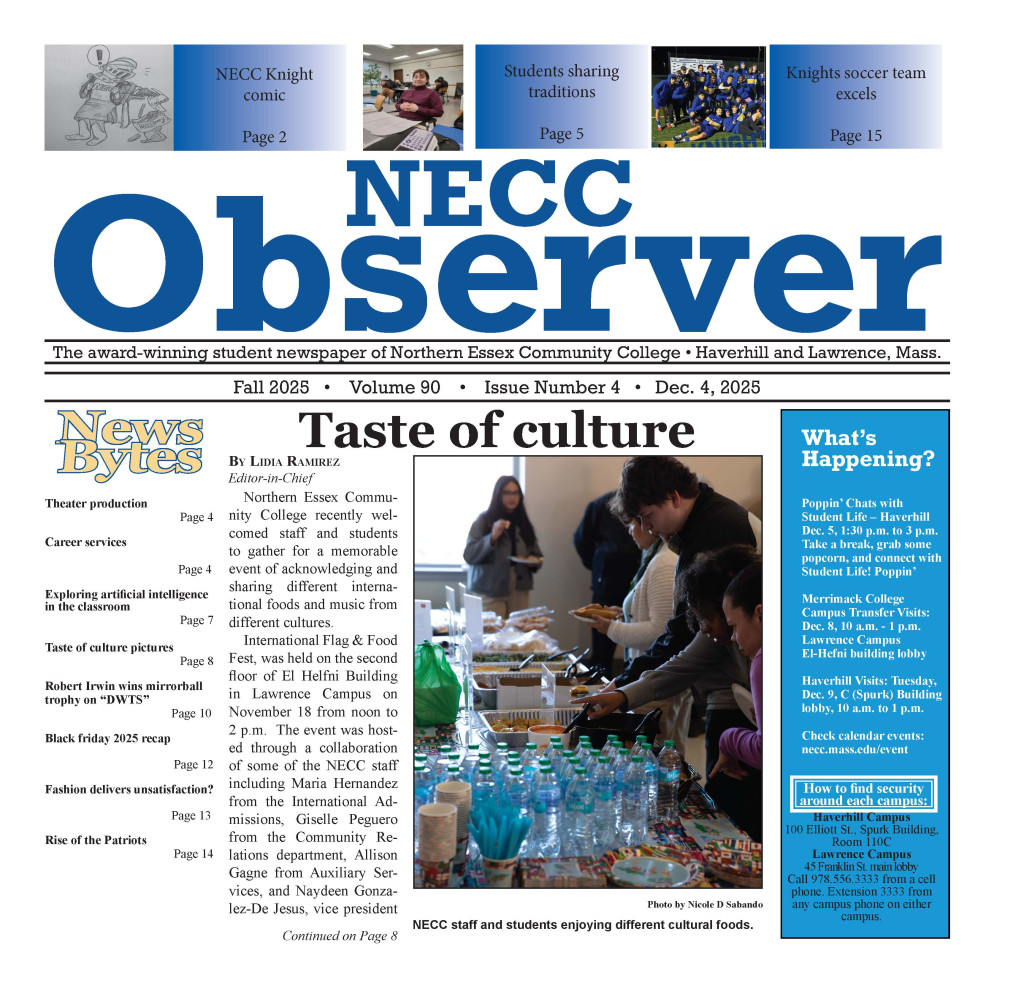The coronavirus has had its grip on the entire world for the better part of 2020. As human beings it is in our nature to learn, grow, and thrive in the face of adversity. While we continue to fight through this pandemic, many people are noticing things about themselves that perhaps would not have been so evident otherwise.
Jane O’Connell, 22, of Norwell, works part time as a unit coordinator at MGH. She has discovered that exercise is her “friend”. “I’ve learned that the best part of my days now are when I am out for a walk or jog. Doing so allows me to clear my head and reflect on what is going on in the world and all the things I am seeing at work.” She said via text message.
Nurse Angela Pagliuca, 33, of Revere said, “The pandemic has taught me that sometimes in life we need to slow down and take care of ourselves.”
“Pandemic has taught me that I’m more of an extrovert than I ever imagined and that physical touch from other human beings is something I clearly too advantage of,” wrote Melissa Owens, 37, of Los Angeles, Calif. “It also has reminded me that I can actually live off less money if I stay home, cook 99% of my meals, not travel, and not buy and browse stuff in stores ‘cause I’m bored.”
For others like Kimberley Simmons, RN, BSN, 26, of Arlington, the pandemic has proven to be a sort of confirmation of character.
“This pandemic has reinforced for me that there are things you cannot control in life, and sometimes that’s okay,” she said via text message. “This disease has manifested itself as the great equalizer. It has reinforced being thankful for my health as well as my family and friends. Quarantine life is not too different for someone who is a homebody to begin with haha.”
In the eyes of some, the pandemic has exposed weakness in the government.
“…I learned how underprepared our government was in handling the situation and how little the working class is cared for in general,” said Samuel Correa, 25, of Everett, Mass.
“I’ve learned that we are fragile as a society. The seams have unraveled within our outdated government structure,” said Arthur Collins, 34, a software developer from Salem, N.H. in an email.
There are some that believe the pandemic has shown the faults we hold as intelligent beings.
“What this has taught me is that we humans are the virus on earth. How much we pollute is awful,” said Jacqueline Fabian, 33, of Lawrence. “Also, it taught me how much we take for granted, the little things like spending time with family.”
“I’ve learned that common sense is not that common and should be appreciated when you come across it,” said Angel Garcia, 34, of Lawrence via Facebook messenger.
For many, it’s the social distancing that is worst of all. Not being able to see friends and family or greet them how they are accustomed to is taking a significant toll on a large part of the population. This is especially true for Jonathan Perez, 32, a co-vocational church planter from Lawrence. “I learned the importance of an embrace. The warmth of a loving touch and the insurmountable need of the company of loved ones,” he said via Facebook messenger.
“The pandemic has taught me how important human interaction is for good mental health,” said Alison Fiscella, 30, of Raleigh, N.C. via text message.
There are those who have learned to appreciate the small things just as much as the big things in their lives.
Cindy Mejia, 32, of Lawrence wrote in a text message, “This pandemic has taught me that we take simple things for granted! Such as spending time with family! Not being able to see a family member or celebrate a birthday!”
“The pandemic has taught me how to enjoy and be grateful for the little things again. Like when we used to be able to buy toilet paper whenever we needed,” wrote Tneesha Jones, 32, of Greensboro, N.C. in a text message.
Some have decided to take this time to improve their lives for themselves and those around them. “I’ve learned how to telework, be a mom and a teacher all at once,” said Rebecca Pagan, 40, a technical lead at the IRS from Lawrence. “I’ve learned how to eat at home and not buy outside food which is the opposite of the way I was living before. I learned how to garden and that I truly have lots of patience.
The COVID-19 pandemic has created a greater appreciation for our advancements in technology and all things “new millennium”.
“…Without technology we really would’ve been screwed,” said Jesenia Torres, 32, of Manchester, N.H. who otherwise is not a fan of her three school aged children using electronics all the time but has found it to be very helpful during this time of quarantine.
At the end of the day, we are all being reshaped in some way by this pandemic. Our daily routines and thoughts have had to be modified in order to fit this new world. Hopefully we will survive to tell the tale and learn to be better at the end of it all.


